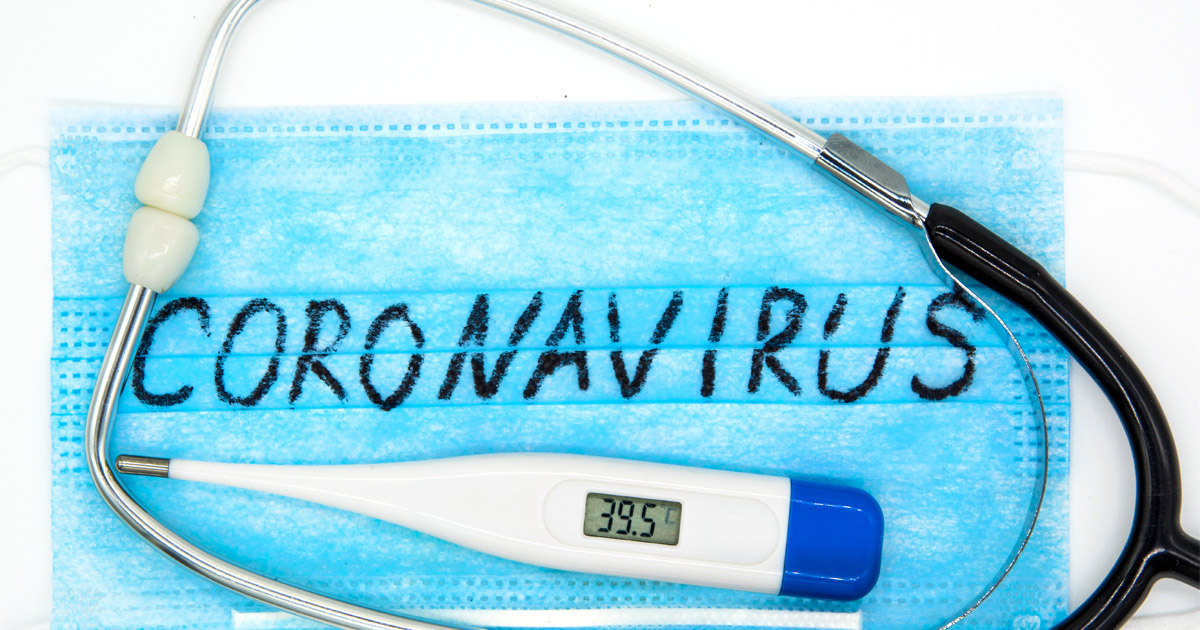With Coronavirus legislative measures in place across the country, many workers have been asked to stay at home because their companies have been deemed non-essential. However, waste and recycling workers are excluded from those lists. In fact, employees working in the waste industry have been deemed essential personnel because they perform important community duties.
Without well-trained people to haul away debris and trash, everyone would be at risk of developing medical issues, including and beyond COVID-19. Still, waste and recycling personnel have every right to protect themselves. Workers in waste management must apply special considerations and precautionary measures to their working protocols.
Sick Employees Should Self-Quarantine
Even though waste workers are considered essential, they should not go to their jobs if they feel sick. Typical Coronavirus symptoms include fever, headaches, cold symptoms, and shortness of breath. In addition, some people have reported other early signs before testing positive for COVID-19, including digestive tract discomfort and a loss of smell. If desired, workers may want to visit a nearby Coronavirus testing site to find out if they have the disease.
Self-quarantining makes more sense than exposing colleagues and customers to the Coronavirus. Companies have been urged by federal and state lawmakers to extend their sick leave policies during this period.
Workers with Ill Family Members Should Self-Report
What if a worker feels fine, but is surrounded at home by under-the-weather family members? Under normal circumstances, this would not matter. However, coronavirus is highly communicable. Therefore, workers with sick partners, children, or roommates should notify their supervisors. If workers are concerned about their well-being, they should discuss possible Workers’ Compensation benefits or unemployment options with their employer.
Personal Protective Equipment Must Be Worn
During times of great uncertainty, waste and recycling workers must pay special attention to keep themselves safe from germs and bacteria; this means wearing personal protective equipment (PPE) as outlined by their employers. PPE items, such as gloves, hats, and goggles, must be examined daily. If a PPE item does not meet safety standards, employees should alert their supervisors immediately. This allows time to find a suitable PPE replacement and stay clear from avoidable problems.
Employees Should Review Procedural Manuals
Many managers in the waste industry have used the Coronavirus pandemic as the opportunity to review safety procedures and expected guidelines. Even if a team leader does not review this material with waste workers, the workers themselves should take time to assess manuals and other documents on their own.
Going over ground rules, job expectations, and company instructions a few times a week can make a huge difference. As humans, we sometimes skip steps after doing a job for several years. Being reminded of standard operating procedures is always positive.
Workers Should Practice Exceptional Workplace Hygiene
From using available hand sanitizer to routinely scrubbing down equipment, waste and recycling center employees may find themselves spending more time cleaning than normal. This is to be expected, particularly during the upswing of Coronavirus cases. If workers are non-compliant, disciplinary actions may be taken if an employee fails to comply with recently updated safety protocols.
Wilmington Workers’ Compensation Lawyers at McCann Dillon Jaffe & Lamb, LLC Help Workers with COVID-19 Concerns
Are you a waste or recycling worker who became sick or injured on the job? If so, speak to one of our dedicated Wilmington Workers’ Compensation lawyers at McCann Dillon Jaffe & Lamb, LLC to ensure you receive the money you rightfully deserve. To set up a free consultation, call us at 302-888-1221 or contact us online. Located in Wilmington, Delaware, we serve clients throughout the state, including Dover, Newark, and Middleton.


